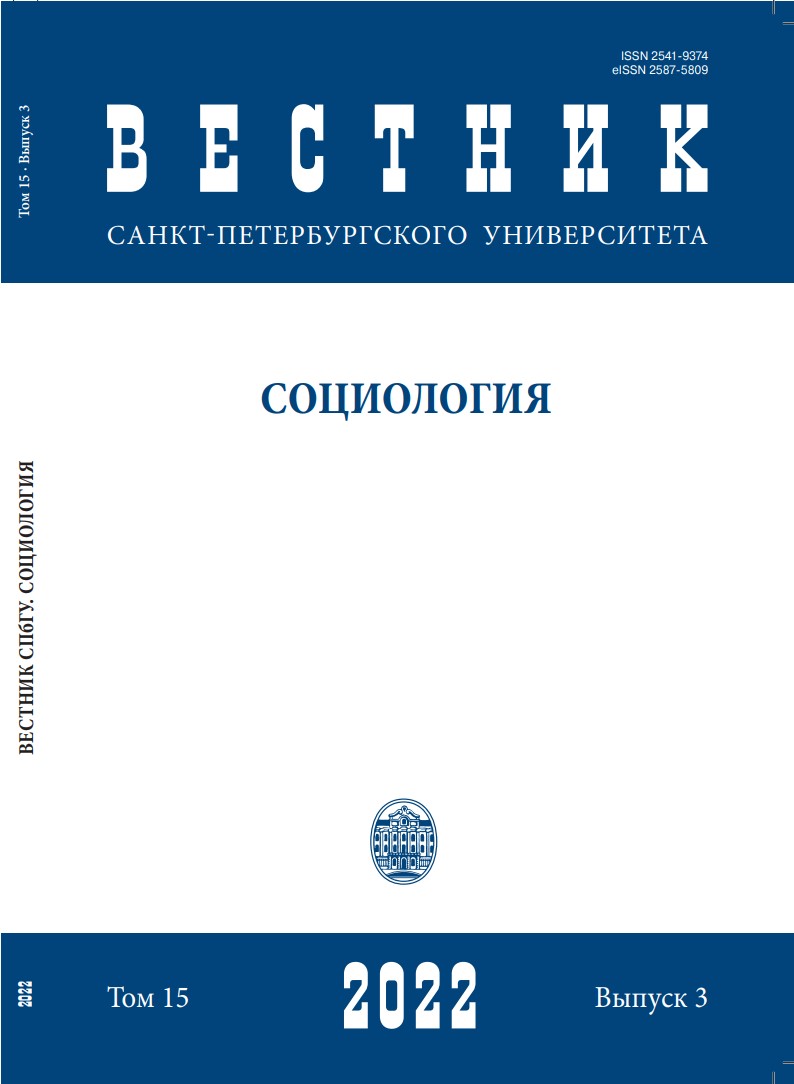Problems of semantic reconstruction of the sociological narrative
DOI:
https://doi.org/10.21638/spbu12.2022.303Abstract
A sociological narrative is a human’s storytelling in which another human is not always able to trace semantic connections in a relevant way. Such uncertainty has a detrimental effect in key cases of verbal description of social processes such as theory building, drafting laws and maintaining of document flow. Based on research in the areas of qualitative data analysis and knowledge management, the article expresses the conviction that a significant reason for the semantic uncertainty of the narrative is its construction by the author in the form of a text flow. The necessity and possibility of a natural language description of social processes in the form of a structural narrative is substantiated. Analytical coding is proposed as a tool for constructing such a narrative. In contrast to the approaches used today, analytical coding allows the researcher in a single instrumental procedure, on the one hand, to adhere to the habitual practice of verbal description of something; on the other hand, to structure their natural language wordings with the help of ontological methods of knowledge management. Specific analytical coding techniques are considered in detail within methodological cases in which a researcher finds him/herself when deciding to construct a narrative using analytical methods. Among such cases, the initial epistemological attitudes of the author of the narrative; localization of the meaning of a verbal statement by indicating the context; linking contextsensitive wordings; construction and generation of narrative semantic chains; instrumental control of narrative connectivity are mentioned. In conclusion, it is noted that the improvement of methods for constructing a structural narrative allows us reckoning on solving the problems of decomposition of verbal knowledge about social processes and on creating opportunities for interdisciplinary teamwork of specialists with different competencies
Keywords:
narrative, qualitative data analysis, analytical coding, knowledge management
Downloads
References
(accessed: 05.04.2022).
Downloads
Published
How to Cite
Issue
Section
License
Articles of "Vestnik of Saint Petersburg University. Sociology" are open access distributed under the terms of the License Agreement with Saint Petersburg State University, which permits to the authors unrestricted distribution and self-archiving free of charge.




